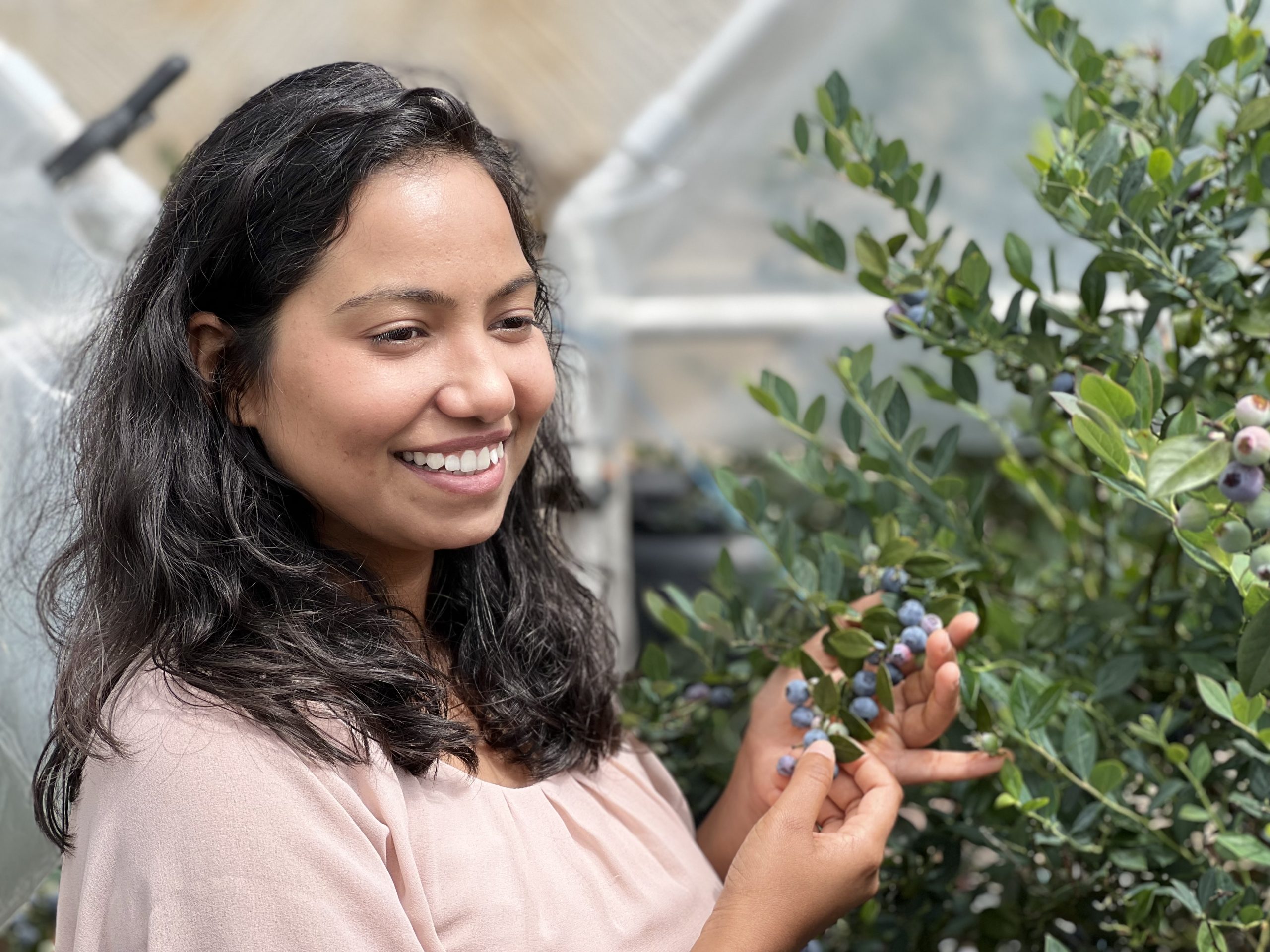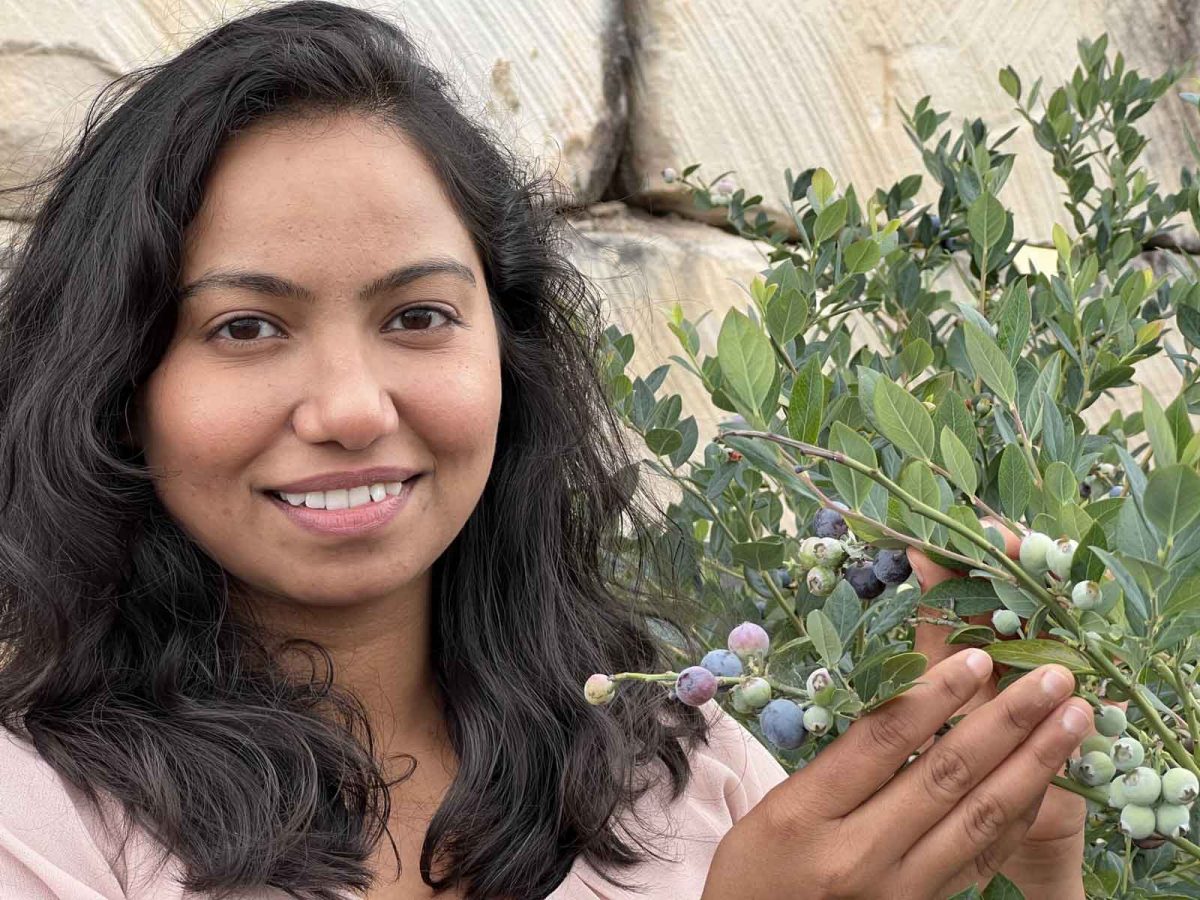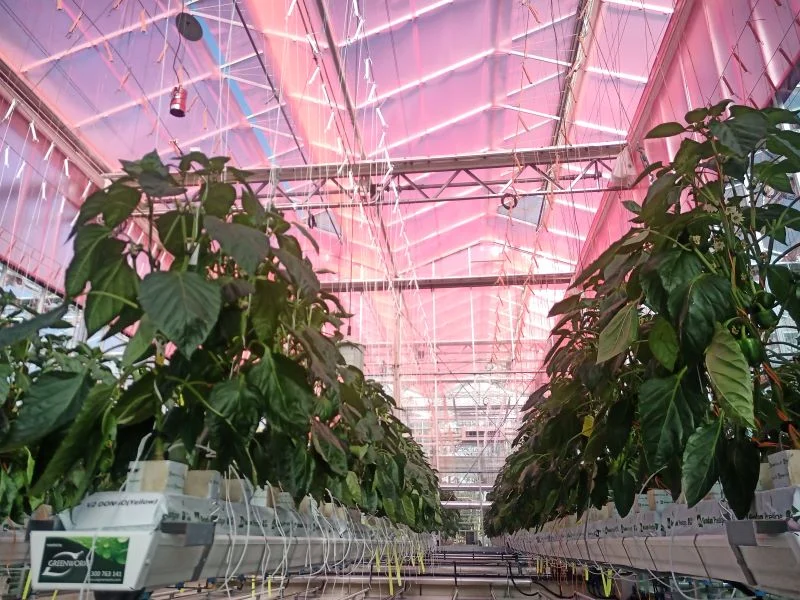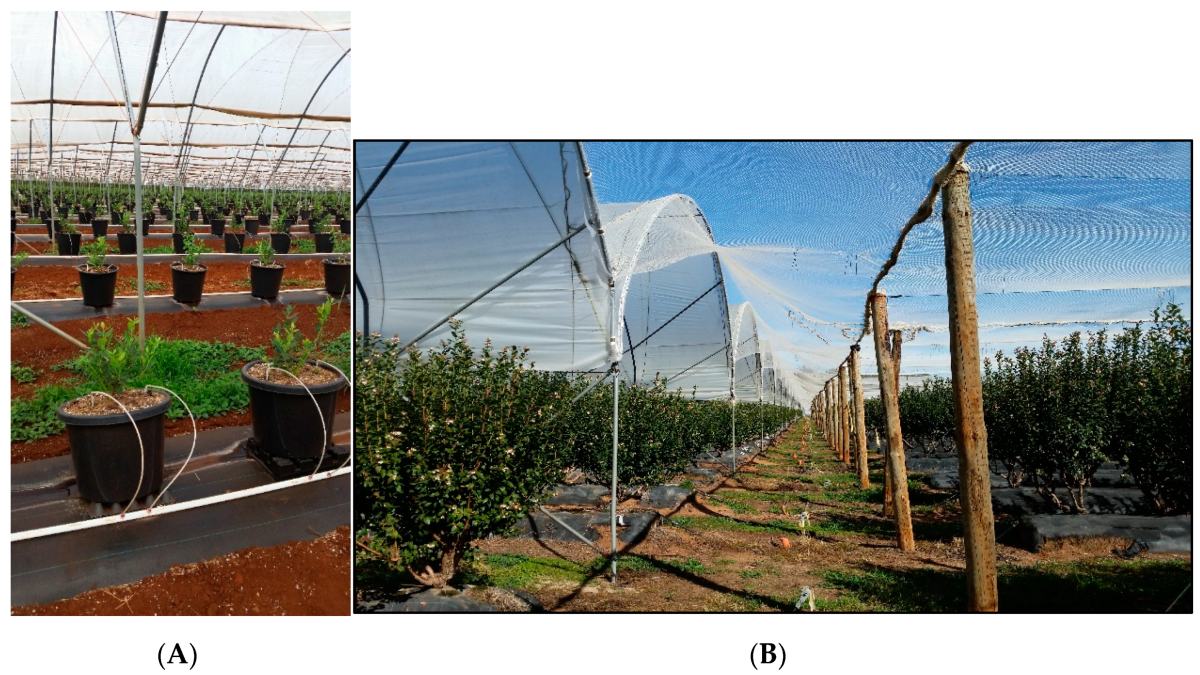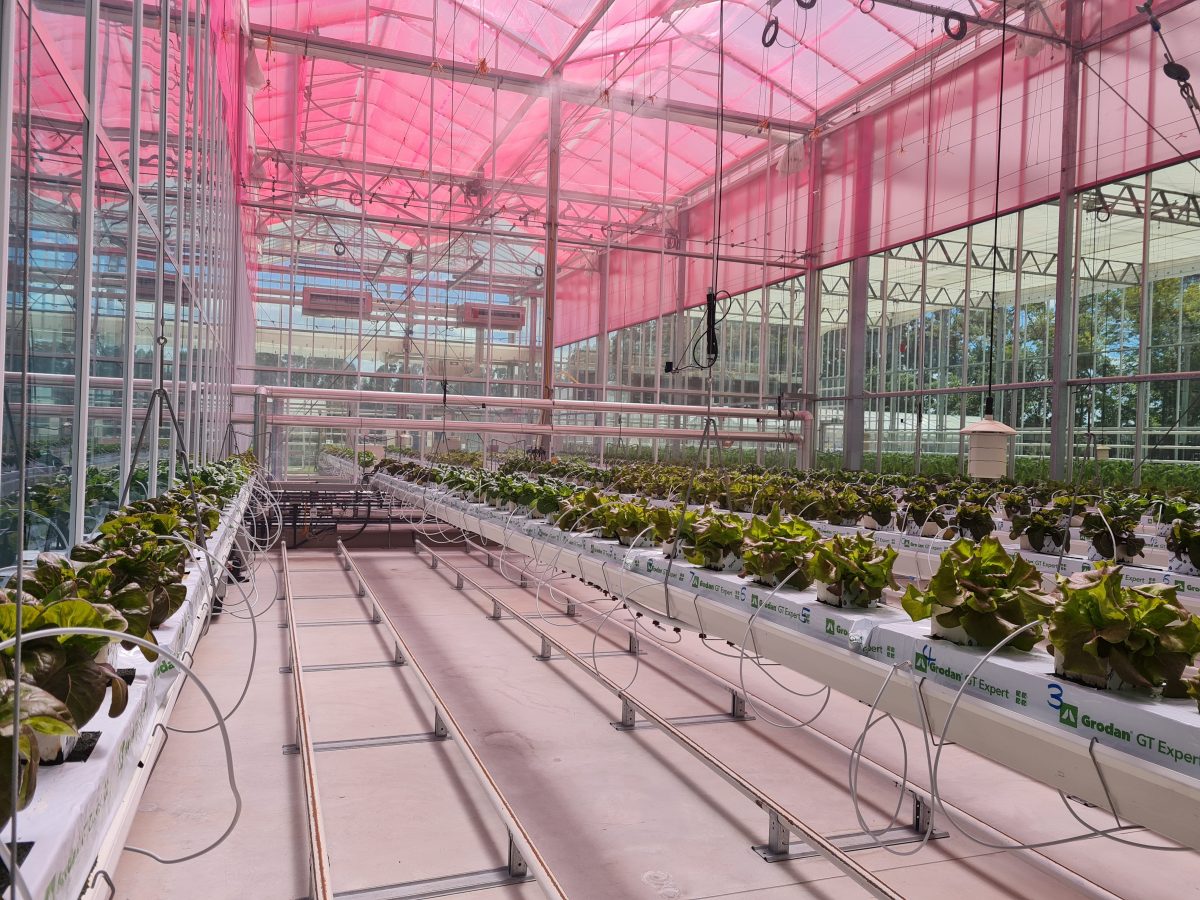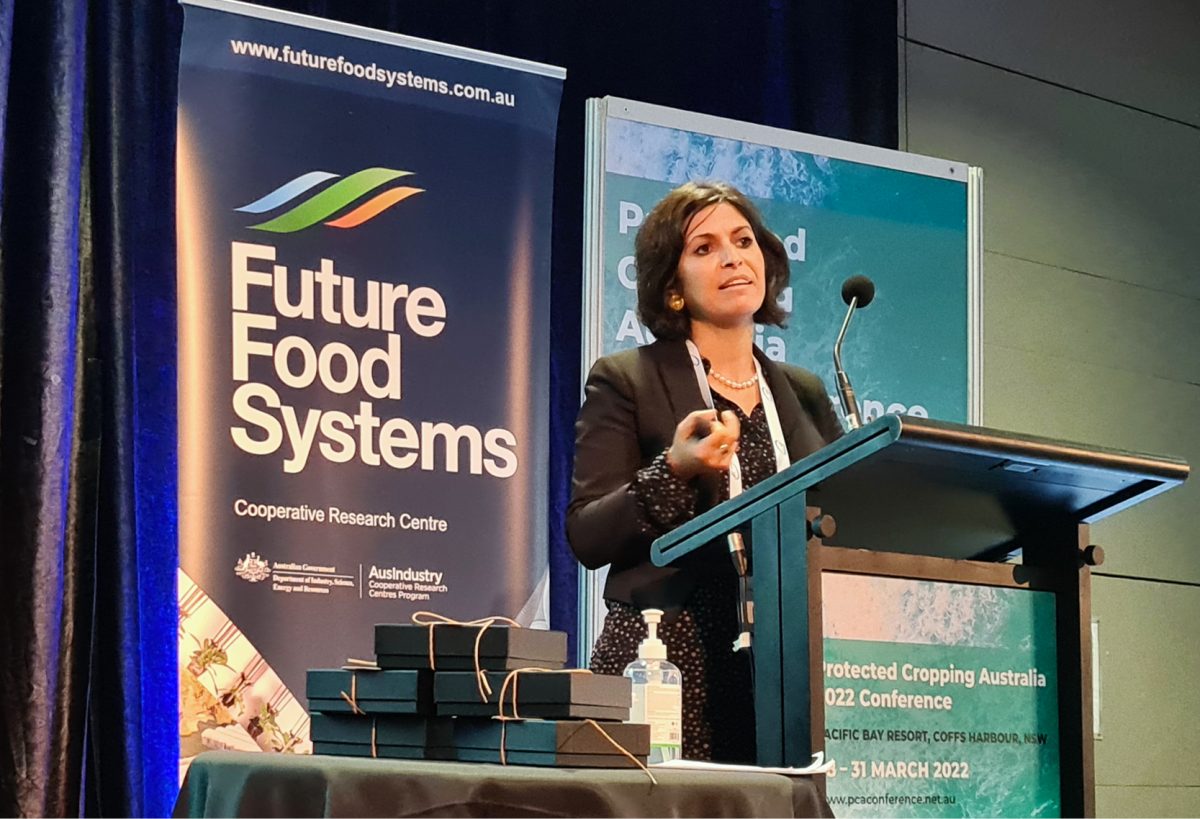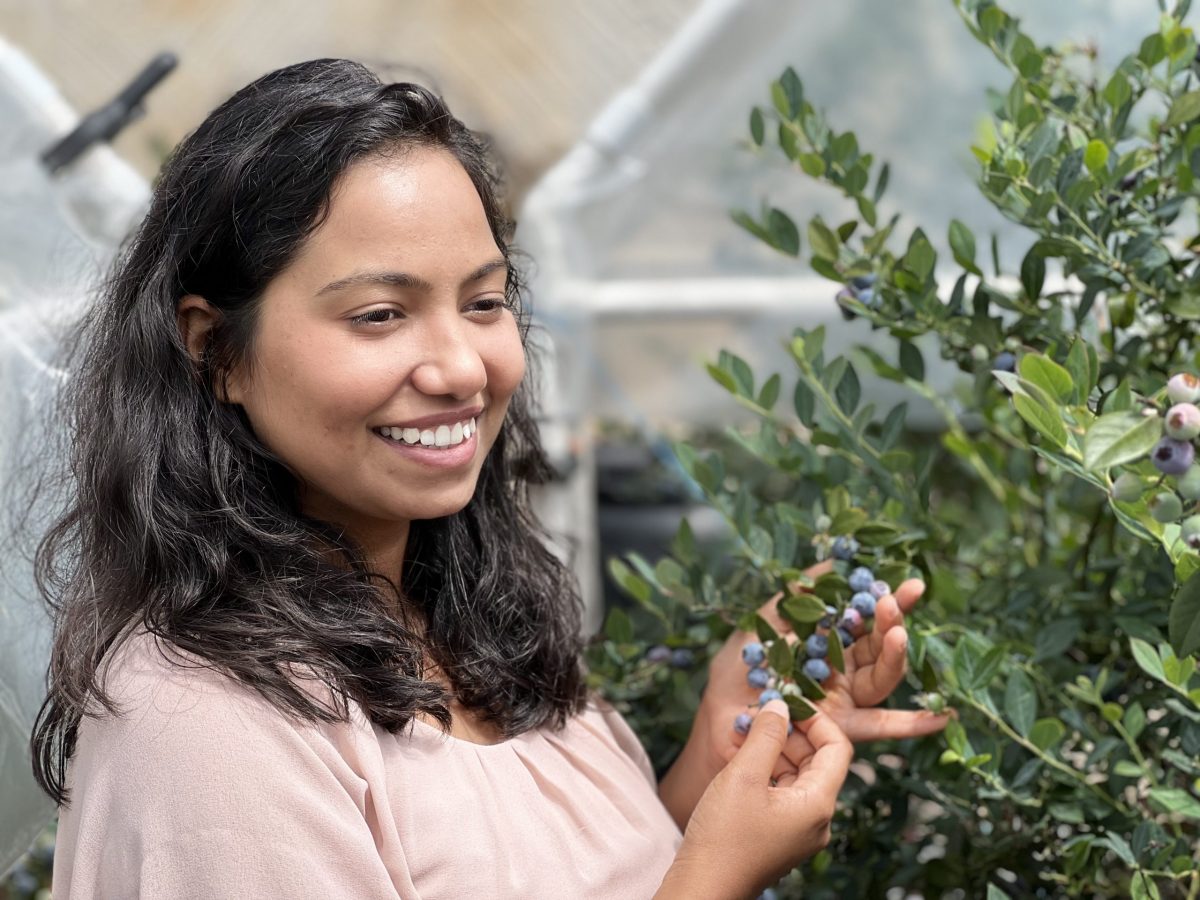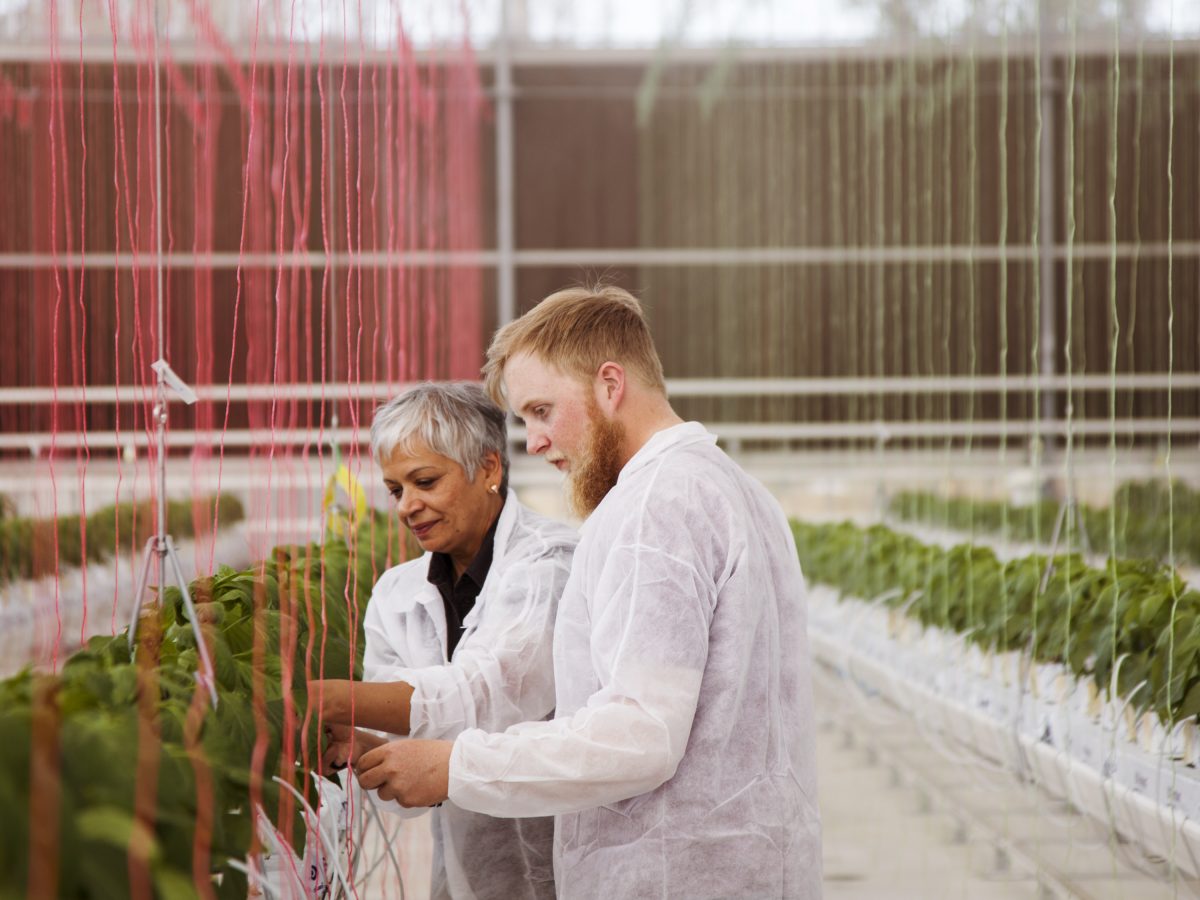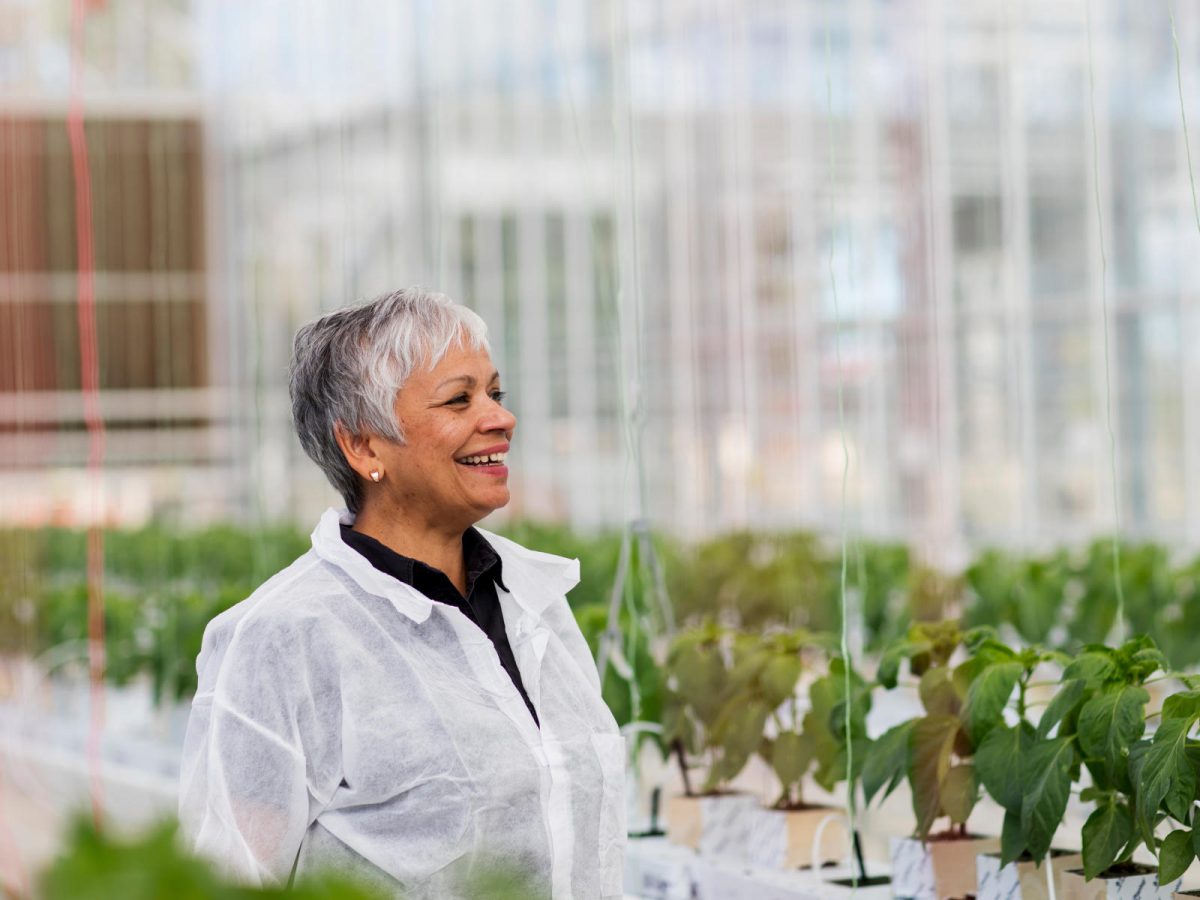Challenge Blueberries are valued for their high levels of anthocyanins, potent antioxidants that offer numerous health benefits. These compounds increase in response to environmental stressors such as sunlight, temperature fluctuations, and water scarcity. However, the shift toward protected cropping using polytunnels in the Australian blueberry industry has been linked to reduced plant stress resilience and lower antioxidant levels in fruit compared to open-field systems.
Solution This PhD project applies phenomic, agronomic, physiological, and biochemical approaches to investigate how polytunnel conditions affect blueberry plant health and fruit quality. The research aims to identify strategies and interventions that restore or enhance the accumulation of beneficial phytochemicals in protected cropping systems. By exploring how plant stress responses can be positively manipulated under controlled conditions, the study seeks to balance productivity with optimal nutritional outcomes.
Impact The findings will support the development of evidence-based practices for maintaining or boosting antioxidant levels in blueberries grown under polytunnels. This will enable growers to maximise both crop quality and health benefits, enhancing the value of Australian blueberries in domestic and export markets. More broadly, the research contributes to improving sustainable, high-quality horticultural production under protected cropping systems.


